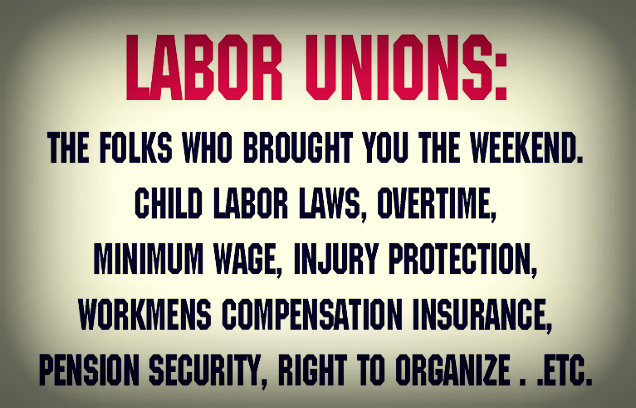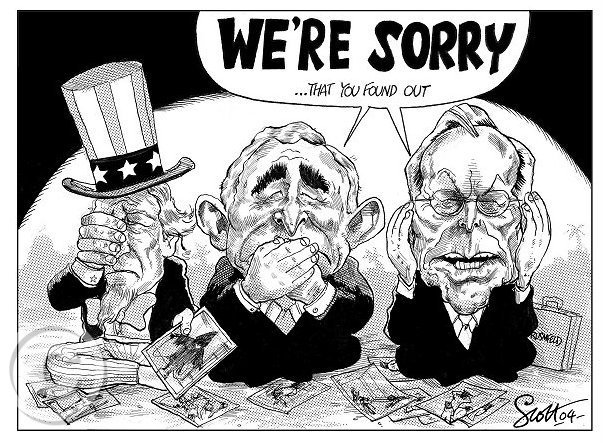 Nevada shares many characteristics with California.
Amongst them, its mangled initiative process and undemocratic supermajority
rules that create unstable revenue streams that are incapable of addressing the
needs of a state population growing in size and demographic complexity.
There are two measures on the November ballot designed to alleviate some of the
state’s socioeconomic ills. One is an attempt to address the privileged
position of the state’s mining industry that is currently protected by a cap
from having to pay higher taxes should residents so desire. Such a measure seems like a no-brainer.
Nevada shares many characteristics with California.
Amongst them, its mangled initiative process and undemocratic supermajority
rules that create unstable revenue streams that are incapable of addressing the
needs of a state population growing in size and demographic complexity.
There are two measures on the November ballot designed to alleviate some of the
state’s socioeconomic ills. One is an attempt to address the privileged
position of the state’s mining industry that is currently protected by a cap
from having to pay higher taxes should residents so desire. Such a measure seems like a no-brainer.
The second is a “Margins Tax”, designed to raise by two percent
taxes on marginal profits of businesses that bring in over $1 million and
redirecting those funds to the public school system which is, from all that
I’ve heard since arriving here, in a truly abysmal state. The Californian
in me cringes at ad hoc ballot-box budgeting, which often engenders unanticipated
consequences, and seems a poor substitute for devising a democratic, integrated
relationship between the initiative process and a legislature unshackled by
supermajority caps and special protections for certain industries. On the
other hand, funding for an overburdened and underperforming public school
system is critical to the functioning of the state’s economy and a moral
imperative for its citizens.
The Center for Business and Economics Research at the University
of Nevada, Las Vegas got in on the act, conducting and publishing a study
designed to evaluate the effects of the Margins Tax for the state. Their
findings were striking, suggesting that the tax could be a boon to the state in
terms of job creation. This comes at a time when state leadership is
interested in diversifying an economy overly-centred on select industries, and
at a time when UNLV is making a push for “Tier 1” status in an effort to
establish the institution as a more prominent public research university.
On 21 August, the University rushed out a press release distancing itself
from the report’s findings. The University’s President, Donald Snyder,
wrote that “While CBER is a center within UNLV, it does not form part of the
university’s day-to-day operations nor is it functionally aligned with our
broader initiatives”, with the Executive Vice-President and Provost John White
adding that “other UNLV faculty have expressed different opinions on the
margins tax”.
Gary Loveman, of Caesars Entertainment Corporation, wrote
to UNLV President Snyder, and suggested that “Before burning what little
political capital the university has left on a football stadium, let’s search
for an economics professor that understands that growth and taxes are inversely
related”.
Keith Smith, of the Boyd Gaming Corporation, followed
up with his own threat: “Given how this tax will impact our business, I
guess I can put off trying to find ways to support the various “asks” from the
University including support/funding for a new Hotel College building, a
proposed Medical College, T&M renovations and that Stadium project”.
The response of UNLV’s administration was also documented in the
evidence Ralston acquired. The Nevada
System of Higher Education Chancellor, Dan Klaich, wrote
to Snyder, “I fully understand academic freedom but I also like a little
common sense”, to which the President replied, “This clearly has me pissed!”
While I could be misreading the exchange, given subsequent
events, Snyder does not seem to have been so much “pissed” at efforts by the
gaming industry to shut down intellectual inquiry and stifle academic freedom,
but instead at the temerity of CBER to issue a report that suggested that
taxing some of the University’s benefactors at a higher rate could create
positive outcomes for the community the University serves.
I
understand that economists and others will debate the conclusions of CBER’s
study, although I would point out that the evidence on the theory of
trickle-down economics that Loveman trumpets leans away from his
self-interested conclusions. But the
real issue here is the manner in which this chain of events illustrates the
fragility of academic integrity in particular sorts of social and political
environments.
One
might have hoped that the leaders of the University and the statewide system of
higher education—who are attempting to cement a name for their institutions as
important contributors to Nevada’s economy as well as to the production and
dissemination of knowledge nation- and worldwide—might have had a chat with
their would-be blackmailers in the gaming industry, and explained that no
institution of research and higher learning can or should function in the face
of such open threats to academic integrity.
Instead,
to all appearances, they genuflected to the gaming industry and distanced
themselves from the CBER study, sending a signal through their actions and
communications that could be read as a warning to faculty across the
institution who engage in research that could be controversial.
This
is a good—or dreadful—example of what can happen when public institutions are
subjected to privatization processes, open or otherwise. In common with other public universities in
the country—including neighbouring California—UNLV saw its funding from the
state dramatically reduced during the recession, the precise moment when such
institutions serve an important social purpose.
Funding levels have not increased commensurate with the University’s service
to the state, and as elsewhere, private donors, alumni, and students are being
asked to pick up the state’s slack, the latter through hefty and unconscionable
tuition increases.
The
immediate institutional consequences of this creeping privatization across the
nation is a scramble for resources to keep departments and other units open, to
maintain staffing levels and course offerings. Students feel the pain as the burden for
funding public education is transferred from the wider community to these
“customers” and their families.
But
as this episode seems to illustrate, there are other potential consequences,
less visible, but nearly as insidious. The
University grows to resemble a marketplace, and there are apparently people who
believe that in such a marketplace they can dictate the “products” the
University is allowed to sell or produce.
There
is the potential for academic integrity to be compromised as the University
finds itself dependent on private parties for funding, parties that have their
own interests and agendas. If those
parties can indeed influence the University’s priorities, research funding, and
institutional support for certain research fields, agendas, or projects—instead
of those things being evaluated by professional standards within their
disciplines and by relatively more transparent research-funding bodies—then
Universities are in dangerous territory.
As
Nevadans consider how to organize their society and support the students and
researchers who are critical to economic diversification and social prosperity,
they should think carefully about the consequences of failing to fund public
institutions. There is real danger in
allowing those institutions to be dictated to or captured by private
interests—private interests that might feel threatened by a more diverse economy
that would dilute their political clout.
Privatization
of the UC system in California is much further along than in Nevada, and
Californians are very quickly losing the ability to influence their institution
and ensure that it pursues a public mission.
Nevadans should learn from that experience and work to maintain public
control over the universities that do critical research and teaching for the
state and its future. And University
administrators who are pushing for “Tier 1” status should understand that such
status depends on excellence in research, and that excellence in research
depends on the maintenance of a reputation for academic freedom that this
episode has threatened to compromise.




